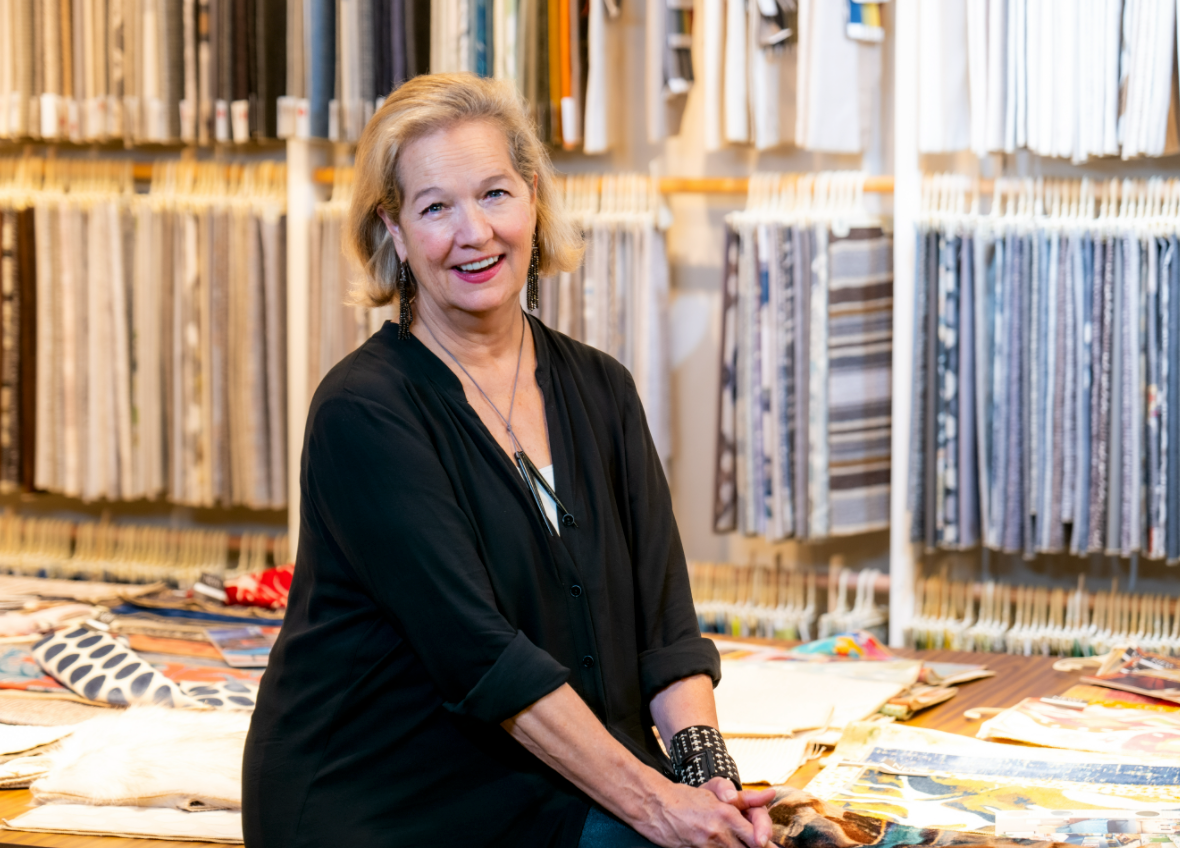It’s a familiar nugget of wisdom in the home furnishings business that retailers and manufacturers will never quite see eye to eye. So common is this observation that it often gets reduced to idiom—Norwalk Furniture president Caroline Hipple’s favorite version is “Retailers speak Martian, manufacturers speak Venutian.” Luckily for her, Hipple is fluent in both.
Before joining Ohio-headquartered Norwalk in 2016, Hipple, who is based in Atlanta, had deep experience on the retail side of the business, with 23 years at This End Up and then six at Storehouse. Having been on both sides of the aisle has given Hipple a particularly holistic view of the industry, and an appreciation for the interconnectedness of it all. That has come in handy amid the recent supply chain crisis.
“I stayed ahead of the game all last year by buying more inventory. Then the good Lord said, ‘You’re not bigger than the world, honey—you’ve got to experience this too.’ And it was very humbling when I realized that we bought ahead of everybody else, but when everybody else started buying, and the world got more broken, I got weighed down by it too,” she tells host Warren Shoulberg on the latest episode of the Retail Watch podcast. “[To get through this period], I think the best practices are communication, education, transparency and holding hands and crossing this road together—whether you’re the Martian or the Venutian.”
In this episode of the show, Hipple explains how Norwalk has rolled with the punches of COVID, why the company recently unveiled an ESOP, and her thoughts on some of the latest trends in retail. That includes insights into the recent boom in home brands hiring interior designers to enhance the sales process. Hipple is a fan of this strategy (as long as the designer knows their stuff).
“There’s a faux empowerment out there [among consumers]. I have learned in the course of my business life that talent is talent. There are people who have amazing talent, and that’s where an interior designer who is trained and educated fits into our supply chain,” she says. “Everybody can respond. You can look at a black sweater and say you don’t like black, or a gray sweater and say you like gray. All of us can respond; very few of us can create. The interior designer is the creator, if they’re good—that’s what we should pay them for.”
Listen to the podcast below. If you like what you hear, subscribe on Apple Podcasts or Spotify. This episode was sponsored by House of Rohl.
Homepage photo: Courtesy of Norwalk Furniture





























